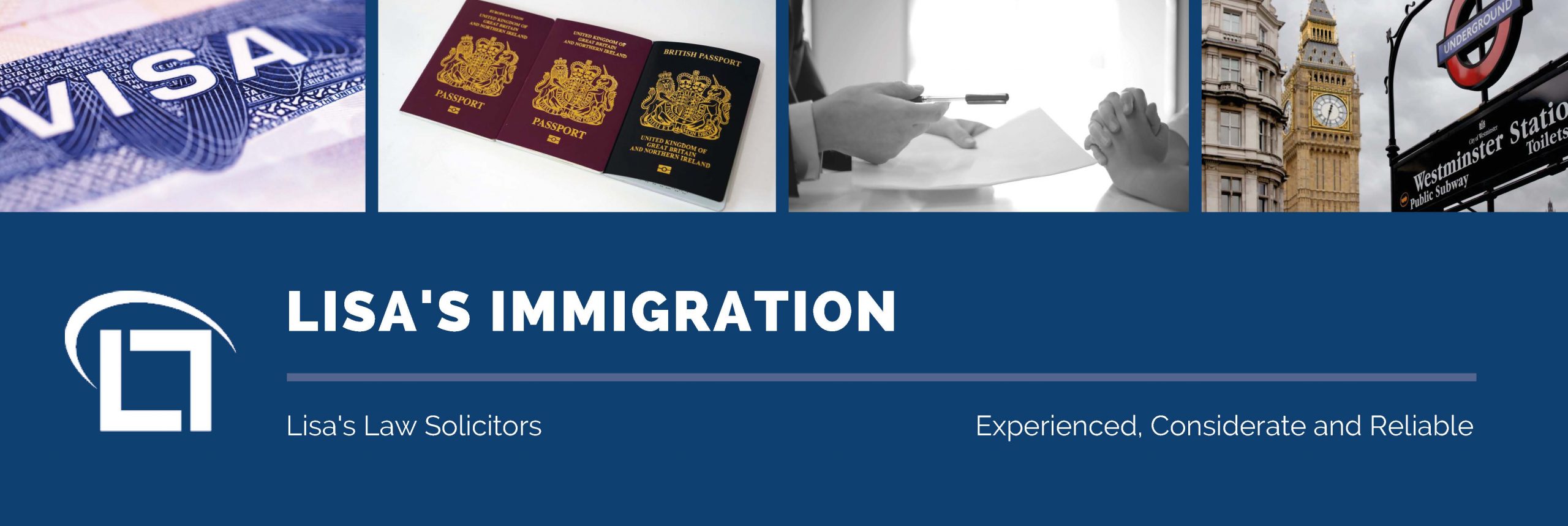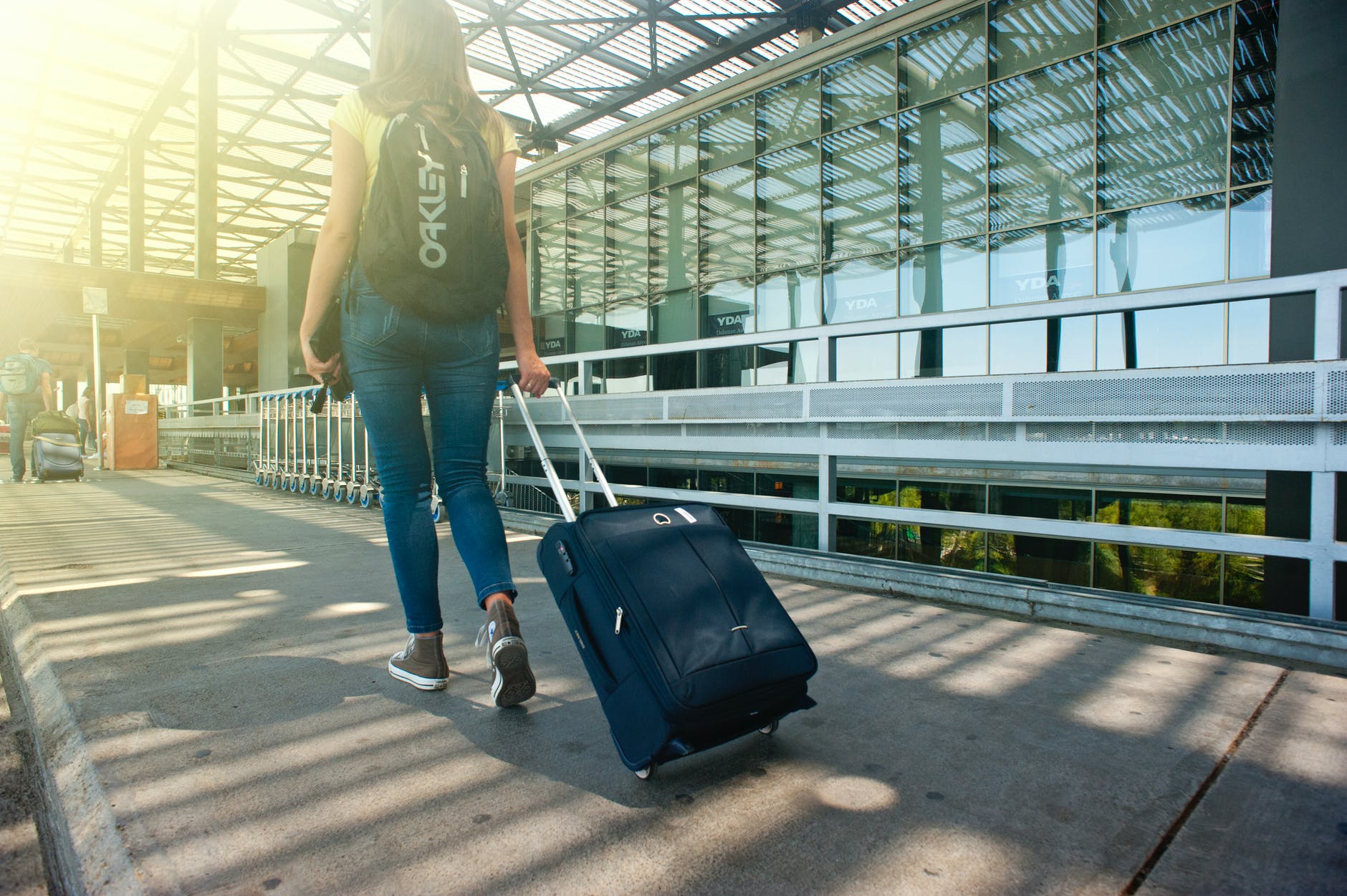The Immigration Skills Charge (Amendment) Regulations 2020 passed both houses of the Parliament on 3rd November 2020. It is to amend the Immigration Skills Charge Regulations 2017.
What is the immigration skills charge?
First thing first, immigration skills charge is levy paid by employers who hire foreign workers to the government.
Employers must pay this if they are applying for a visa to work in the UK for 6 months or more under either a:
- Tier 2 (General) visa
- Tier 2 (Intra-company Transfer) visa
If the worker has applied for their visa from within the UK, the employer must pay the charge even if they’re applying for less than 6 months.
So what has changed?
Amendments made by the 2020 Regulations include the definition of skilled worker and add exemptions to the requirement to pay the charge. These Regulations come into force on 1 December 2020.
Definition of a skilled worker:
The amendment defines a person as a skilled worker as follows:
“skilled worker” means an individual who, in order to undertake employment, seeks entry clearance or leave to remain via an immigration route that—
(a) requires the individual’s role to be skilled appropriately in accordance with the immigration rules;
(b) requires the individual’s remuneration to meet or exceed a minimum threshold in accordance with the immigration rules;
(c) requires the individual to be sponsored in accordance with the immigration rules; and
(d) permits workers applying under that route to obtain a visa for a time period greater than 2 years.”
Exemptions from the charge:
The obligation to pay the charge does not apply where a sponsor assigns a certificate of sponsorship to a skilled worker under the following catchments (the last 3 in bold have been added within the recent amendment):
(i) 2111 (chemical scientists);
(ii) 2112 (biological scientists and biochemists);
(iii) 2113 (physical scientists);
(iv) 2114 (social and humanities scientists);
(v) 2119 (natural and social science professionals not elsewhere classified);
(vi) 2150 (research and development managers);
(vii) 2311 (higher education teaching professionals);
(viii) 2444 (clergy);
(ix) 3441 (sports players);
(x) 3442 (sports coaches, instructors and officials);.

Refunds on the Immigration Skill Charge
Employers can apply for a full refund if the worker’s visa application is:
- refused or withdrawn
- successful, but they do not come to work for you
They can get a partial refund if the worker:
- gets less time on their visa than you sponsored them for
- starts working for you but then changes to another sponsor
- leaves their job before the end date on their certificate of sponsorship
How long it takes
Employers usually get a refund within 90 days of:
- telling UKVI that the worker did not come to work for you
- the expiration date on the worker’s certificate of sponsorship, if they did not use it to apply for a visa
- the date the worker’s visa application is refused or withdrawn
If the worker’s visa application is refused, the employer can ask for the decision to be reviewed. This is known as an ‘administrative review’.
If they do not ask for an administrative review, the employer can get a refund within 90 days of the deadline for applying for one.
The employer will get a refund within 90 days of the administrative review being dismissed if the worker applied for one and were unsuccessful.
Have questions? We are here for you!
In the meantime, we are operating as usual, and you can reach us on 020 7928 0276 or email in to info@lisaslaw.co.uk for any questions you may have on this topic.
Or, why not download our free app today? You can launch a new enquiry, scan over documents and much more.
If you have an iPhone, follow this link to download.
If you use an Android phone, follow this link to download.
Find the link here if you need some further instructions on how to use our new app!

























